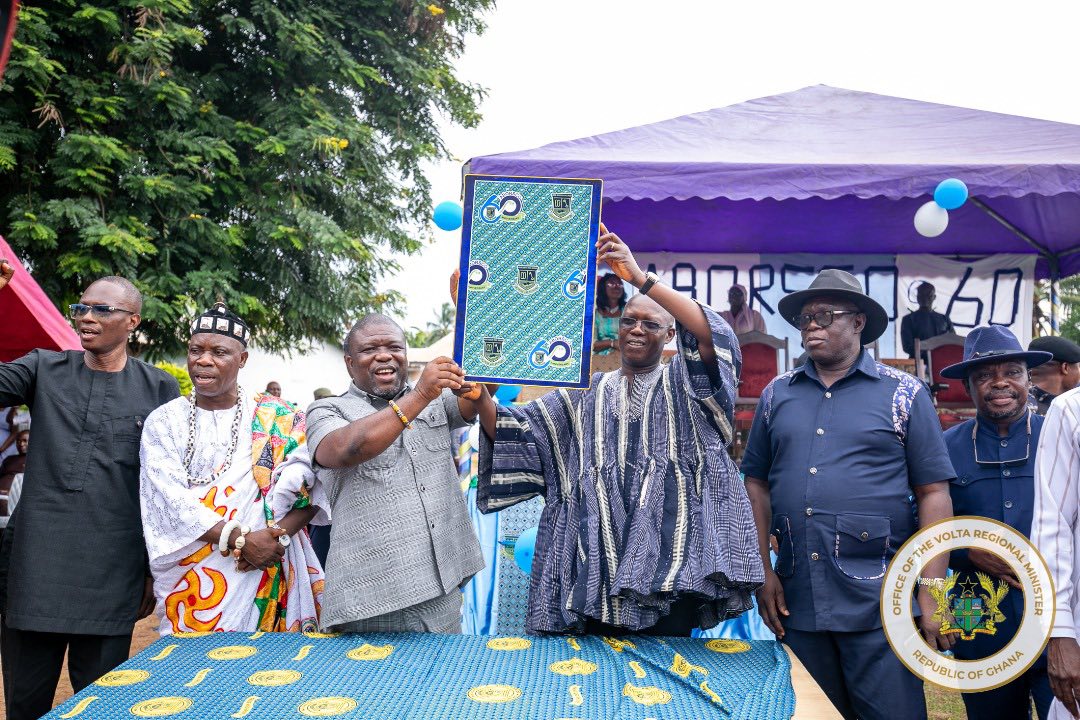Parliament has passed the Ghana Gold Board Bill, 2025 into an Act subject to presidential assent purposely to establish the Ghana Gold Board to oversee, monitor, and undertake the purchase, trade, and export of gold, promote value addition to the gold resources of the country, support the accumulation of gold reserves by the Bank of Ghana, and generate foreign exchange.
Ghana is currently the leading exporter of gold in Africa, yet the country does not derive optimal benefits from gold resources. In 2024, the total value of gold exports from Ghana was approximately eleven point five billion – United States • Dollars, with the small-scale mining sector contributing four point six billion United States Dollars, representing forty percent, while the large-scale mining sector accounted for six point nine billion United States Dollars, representing sixty percent. The revenue of the country from gold has been largely limited to royalties and taxes, with minimal benefits from the trading of gold itself. The country also faces challenges in tracking foreign exchange inflows from gold exports, particularly within the small-scale mining sector.
Despite the critical role of the gold sector in the economy of the country, an uncoordinated and largely informal gold trade structure has resulted in significant losses of potential revenue. The gold market is characterized by an absence of a centralized regulatory authority, inconsistent oversight, and inefficiencies that hinder the effective retention of foreign exchange. In addition, gaps in policy enforcement have contributed to widespread smuggling, loss of tax revenues, and environmental degradation.
Currently, the local gold marketing industry remains largely unstructured, with multiple state agencies such as the Bank of Ghana, the Minerals Income Investment Fund, and the Precious Minerals Marketing Company competing with private players, including licensed gold buyers and exporters. However, these State agencies operate under fragmented regulatory frameworks that create inconsistencies, limiting the full economic potential of the gold sector. Private entities involved in gold transactions also operate with minimal supervision, exacerbating the risks of illicit financial flows and unaccounted exports.
Additionally, gold from the small-scale mining sector is exported by holders of export licenses issued by the Minister responsible for Lands and Natural Resources upon the recommendation of the Minerals Commission. There are approximately sixty-one licensed exporters, who are legally required to repatriate eighty-one percent of foreign exchange proceeds within thirty days of export. However, compliance with this legal requirement is low, further reducing the foreign exchange inflows.
Furthermore, illegal mining remains a significant challenge, causing extensive environmental damage and threatening the sustainability of the
gold supply chain in the country. The legal small-scale mining sector is largely informal, with issues such as irresponsible sourcing and lack of traceability undermining the credibility of gold from Ghana in international markets. This has prevented gold from the small-scale sector from
accessing the London Bullion Market Association, restricting export destinations mainly to the United Arab Emirates, India, and Turkey. The
lack of functioning local refineries has also been a major drawback, as Ghana continues to export semi-pure doré gold instead of refined bullion, depriving the country of significant value addition and economic benefits.
The current economic challenges facing Ghana necessitate a fundamental restructuring of the gold marketing industry to optimize the economic returns of the country. For the above reasons, the Government has proposed the establishment of the Ghana Gold Board through an Act of Parliament to regulate and restructure the gold market.
The Bill, therefore, seeks to establish the Ghana Gold Board with the primary objective of maximizing foreign exchange inflows, enhancing gold reserve accumulation, and increasing the national benefits from the entire gold value chain through a centralized approach aimed at economic revitalization and sustainable growth. The Gold Board will replace the existing Precious Minerals Marketing Company with an expanded mandate.
The establishment of the Gold Board will necessitate amendments to key sections of the Minerals and Mining Act, 2006 (Act 703) and the Minerals and Mining (General) Regulations, 2012 (L.I. 2173). Once operational, the new regulatory framework will empower only the Gold Board, the authorized subsidiaries of the Gold Board or licensed gold service providers to purchase gold in Ghana. Small-scale miners will be required to sell gold produced by the small-scale miners to the Gold Board or the designated buyers of the Gold Board, while the Gold Board •will be required to assay all gold exported from the country. Additionally, the Gold
Board will assume sole responsibility for the export of gold produced by small-scale miners and the unauthorized hoarding of gold will be prohibited under the Bill.






































